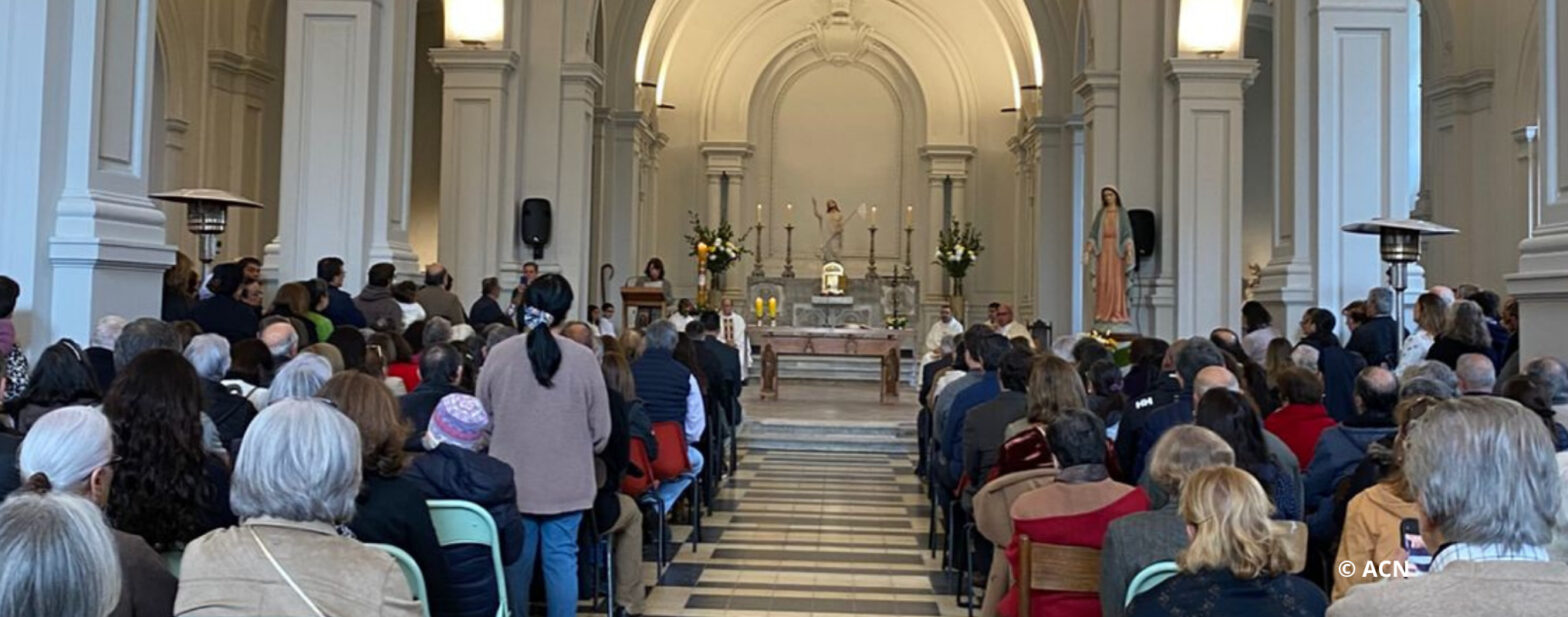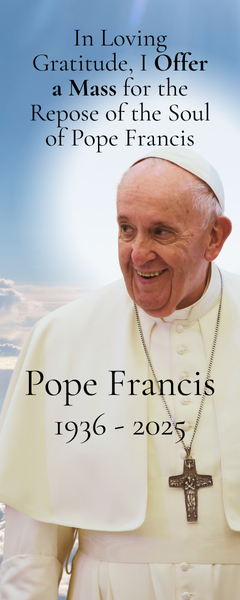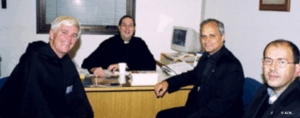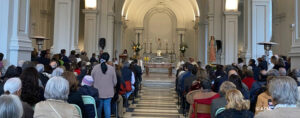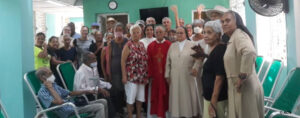The Church of the Assumption was looted in 2019 and set ablaze in 2020.
Some stories do have happy endings. On November 8, 2019, during a wave of street protests, several hooded people looted the 143-year-old Church of the Assumption, one of the oldest in Santiago de Chile. The looters made off with artwork and holy images and used confessionals and pews to build barricades in the streets.
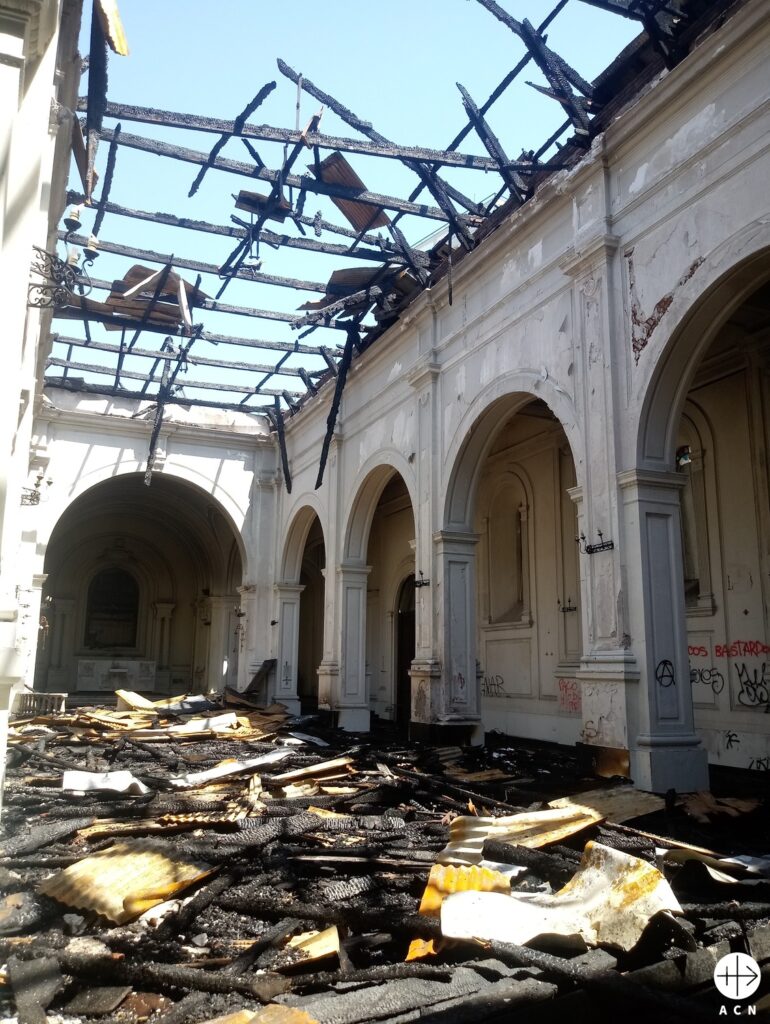
One year later, on October 18, 2020, an arson attack completely destroyed the church. The bell tower, with its cross and bells, collapsed; the roof caved in, and the altar was wrecked. The fire scorched the memories of thousands of Catholics in the neighbourhood, but it was unable to consume their faith.
Fidelia Oñac, the parish secretary, recalls the incident as “the sort of horror you see in other parts of the world, but you don’t think can happen here. We started praying and said: ‘We must do what we can, because the church belongs to everybody.’” And so, they did. In only five years the church was rebuilt, and on Sunday, May 25, it reopened to worship, with a Mass celebrated by Cardinal Fernando Chomali Garib.
Looking at the white walls of the Church of the Assumption, with its shiny ceiling and floors, one forgets past episodes of hatred and violence. Some pieces of the old building have been kept in a special place in the new church, such as the remains of a bell marked with the word “hope,” or a broken and wounded crucifix that was recovered from the ashes.
The recovery of the symbolic and historic temple was only possible because of the support of Pontifical Charity Aid to the Church in Need (ACN), which oversaw the project, and the generosity of hundreds of benefactors. The work involved bolstering the walls, installing a new roof, doors and windows, as well as revamping the electrical system. Future improvements are still in the works, and new pews and sacred artwork will be installed.
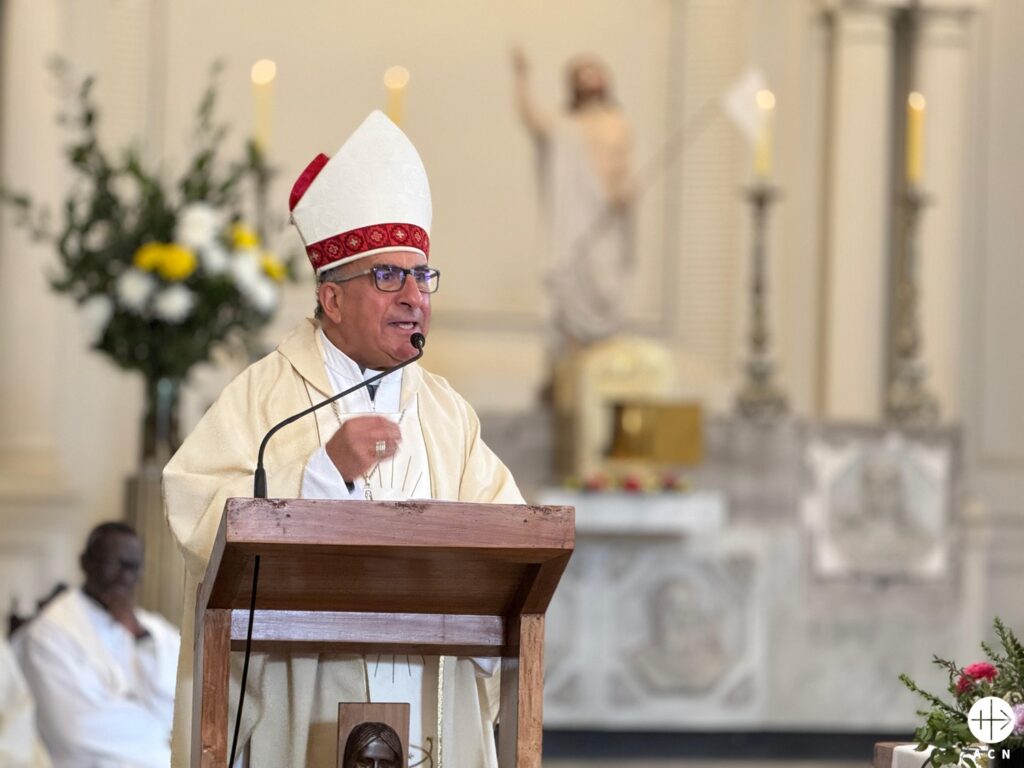
During the inauguration Mass, Cardinal Fernando Chomali Garib (photo) assured the faithful that “after hearing the marvellous witness of faith of this community and of Aid to the Church in Need, I declare myself a Catholic, I feel more Catholic! This is not the time to say that we are Catholics in our own way or when it suits us best,” he stressed, adding that the reconstruction of the church is evocative of the death and resurrection of Jesus Christ, and that “every time there is death there shall be resurrection, because Jesus Christ rose from the dead, and because good is stronger than evil.” The cardinal also recalled that Christ’s promise, “I will be with you until the end of times,” means “they can destroy our temples, but they will not destroy the presence of God among us.”
Fidelia Oñac also spoke, to say that now that the reconstruction has finally come to fruition, “We are very happy to see this church, and grateful to our bishop and our priests who accompanied us through the process until its conclusion.”
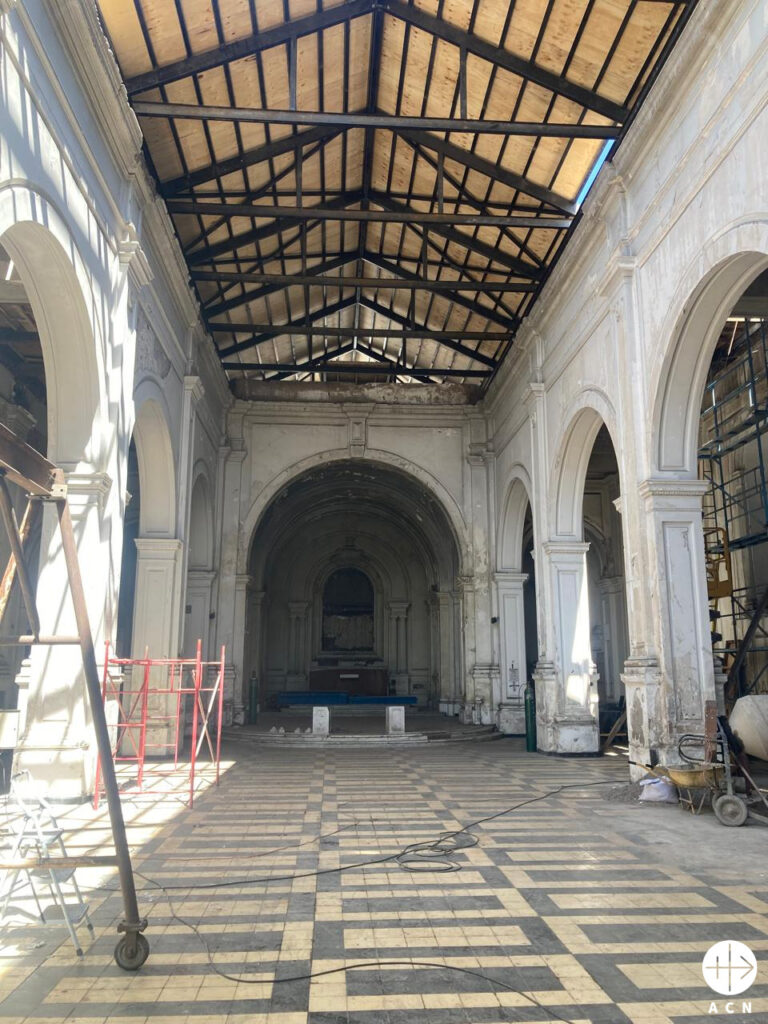
The parish priest of Assumption Church, Fr. Jaime Tocornal, said that “it is necessary that this spiritual lung should again be at the service of the community, believers or not. It was very necessary that we reopen the doors of our church, which were vandalized so often in the recent past. This is a place to meet with God, and to fulfil the most basic of rights, which is the right to practise one’s religion. It is a gift to the neighbourhood, and to the whole world, because when we celebrate the Eucharist, that transcends the walls of the church building. We are very happy, and therefore we are very grateful to those who stretched out their hand to us when we needed it, and that was Aid to the Church in Need,” he recognized.
The parish never stopped functioning during the construction work, with the community meeting to celebrate Mass in nearby locations. According to Fr. Tocornal, the new church is also, in a way, a gift from the Virgin Mary, who “continues to follow in the footsteps of her son Jesus in heaven, but does not ignore her children back on earth, and therefore has gifted us this church.”
Magdalena Lira, director of ACN in Chile, explains that this project involved donors who had never even set foot in the parish. “We used only personal donations, sometimes from people who did not even know Assumption Church, but they expressed their solidarity with what was happening.”
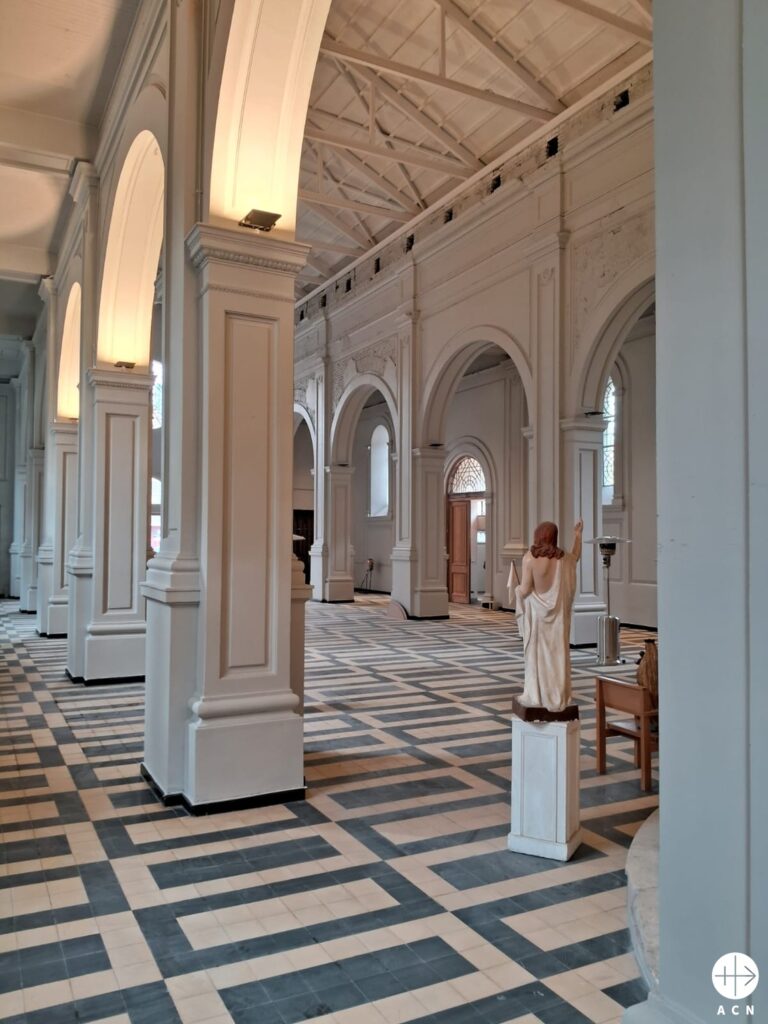
The Church of the Assumption, which was already an architectural, spiritual, and heritage site in Chile, has now also become a symbol of the strength of a community that does not buckle in the face of adversity.

